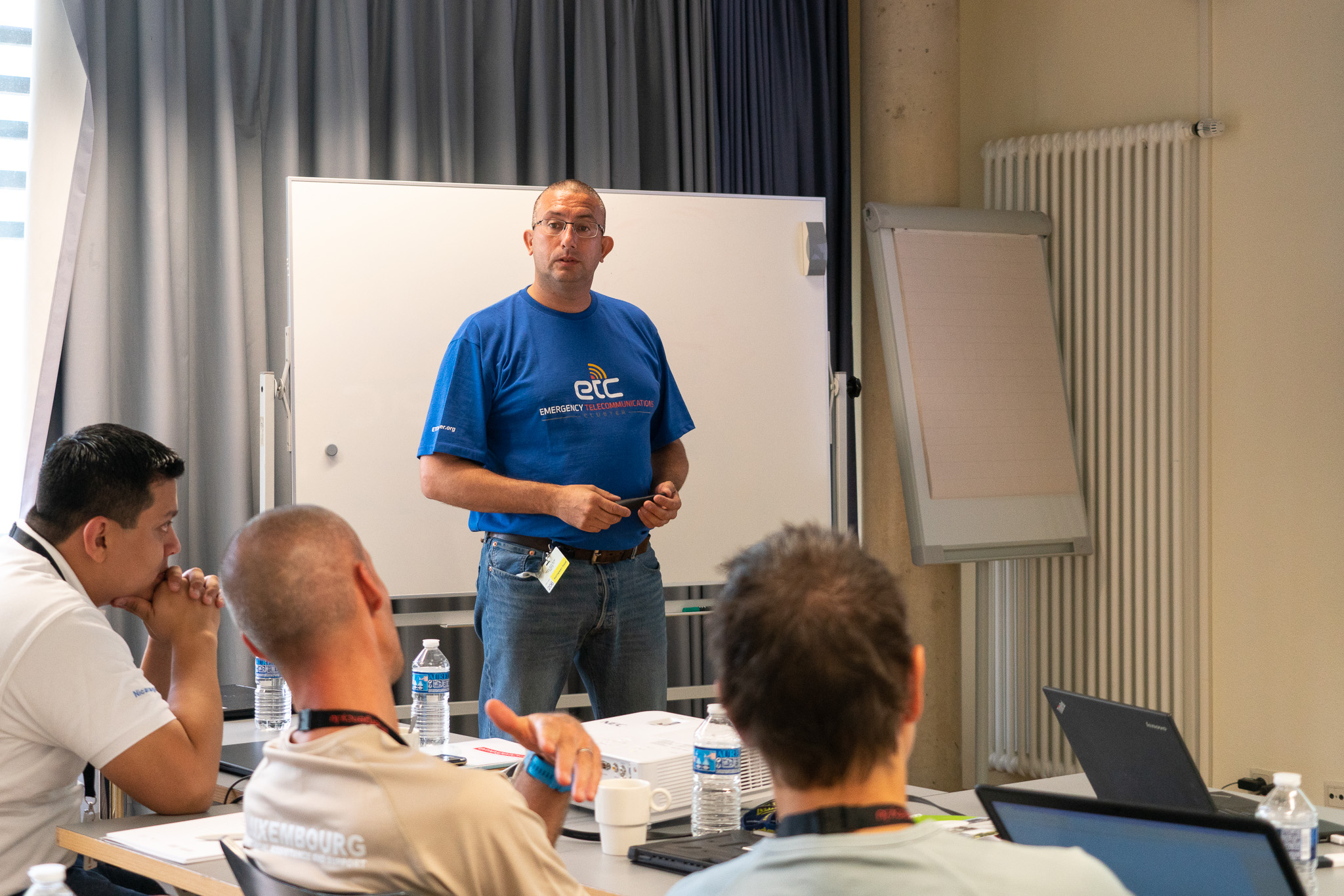
Let's Net 2018 in photos
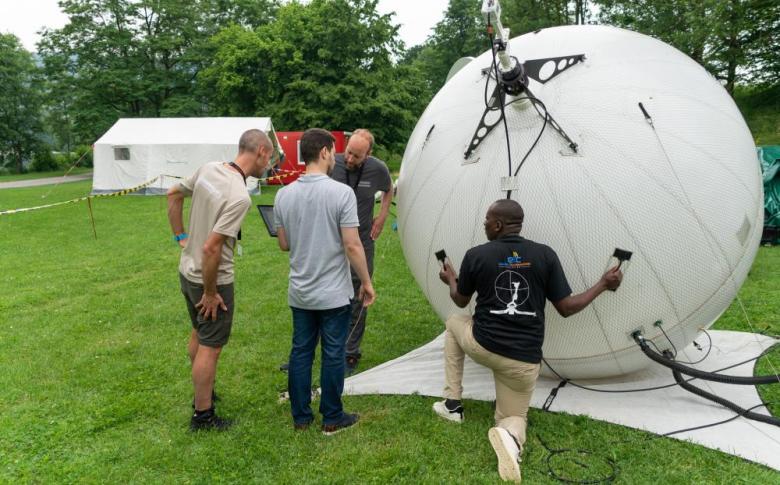
The 2018 edition of the Let’s Net training took place over the past 10 days in Echternach, Luxembourg. Eleven participants from six organisations – emergency.lu, Ericsson Response, Swedish Civil Contingencies Agency (MSB), United Nations High Commissioner for Refugees (UNHCR), United Nations Children's Fund (UNICEF) and World Food Programme (WFP) – were trained on deployment scenarios for ETC Data and Voice solutions, implementing different types of connectivity and providing ETC services to end-users.

Let’s Net training is a mix of technical classroom lessons and outdoor, hands-on exercises, which prepare the participants on how to deploy ETC services in future emergency responses.
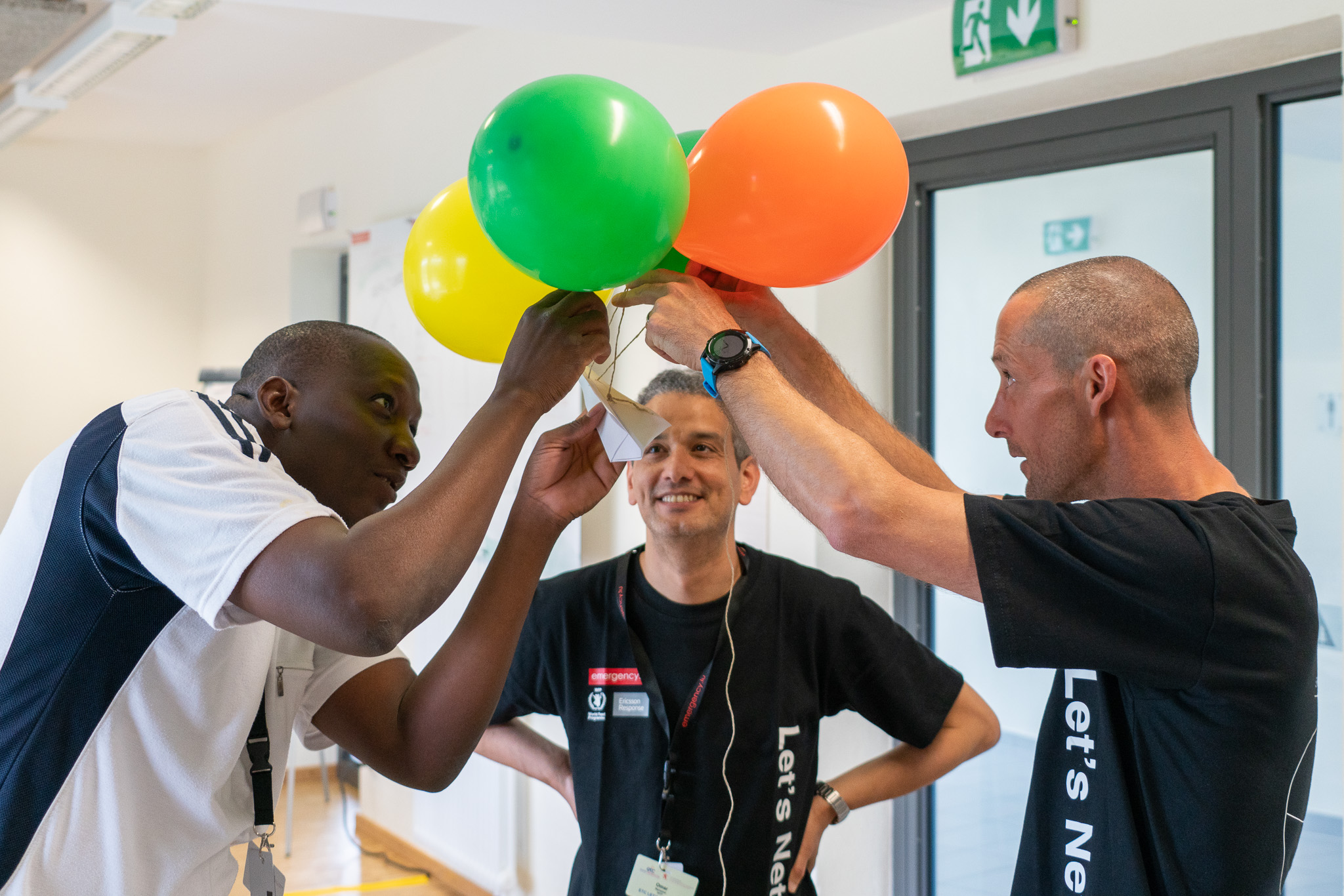
Like all ETC training courses, team building and networking are critical components. When deployed to emergencies, responders must learn to work side-by-side as they depend on each other to perform their job efficiently. This year the task was to build and fly an “unmanned aerial vehicle”. Here Ismaide Ilboudo from UNHCR Burkina Faso and Patrick Kinsch from emergency.lu work together under the supervision of Omar Namaoui from the Global ETC Team.
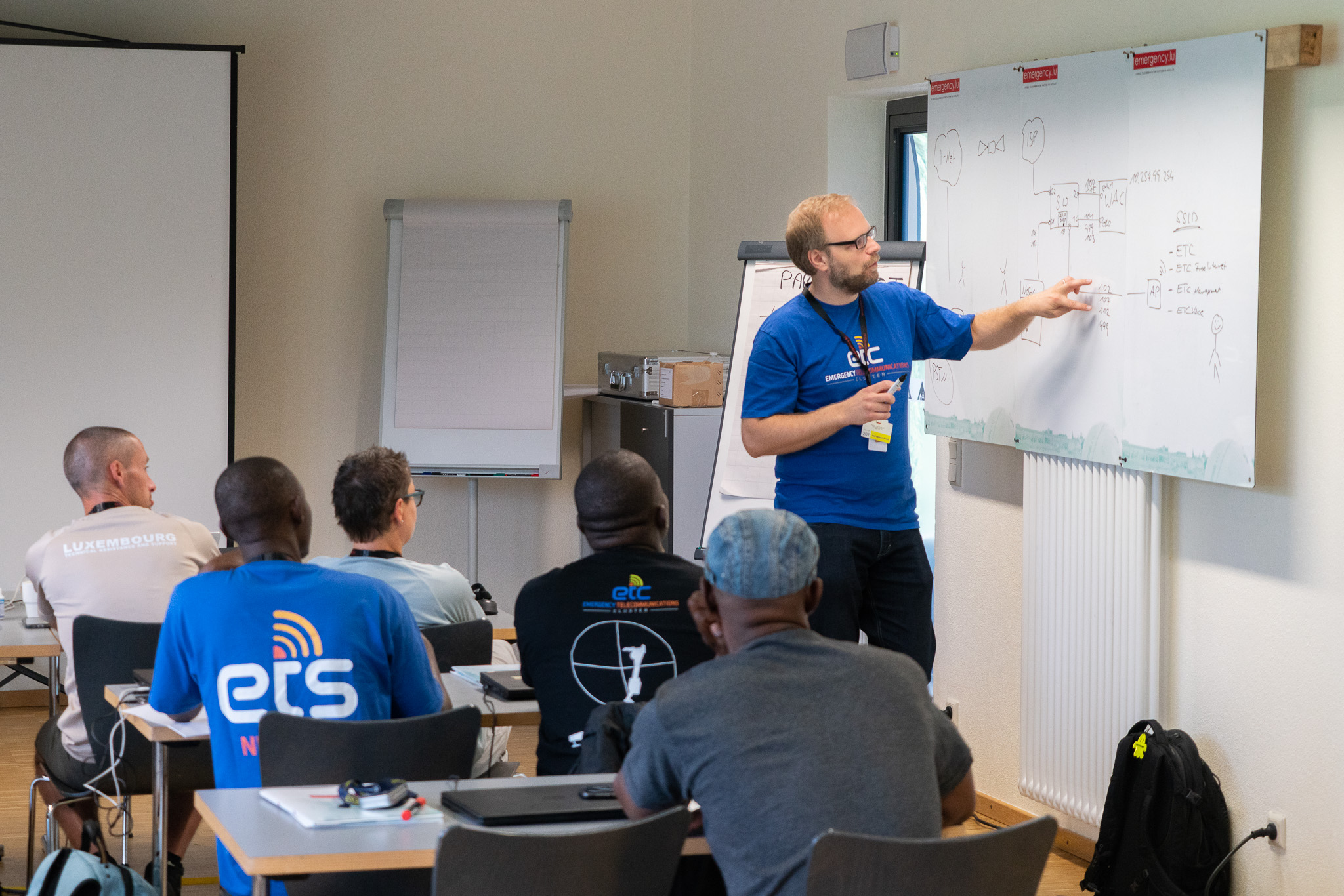
Before practical exercises, Alexander Federlin from Ericsson Response, explains the set-up and configuration of WIDER – an Ericsson Response tool used to manage and distribute Internet connectivity. Later in the course, the participants will apply this lesson in practice.
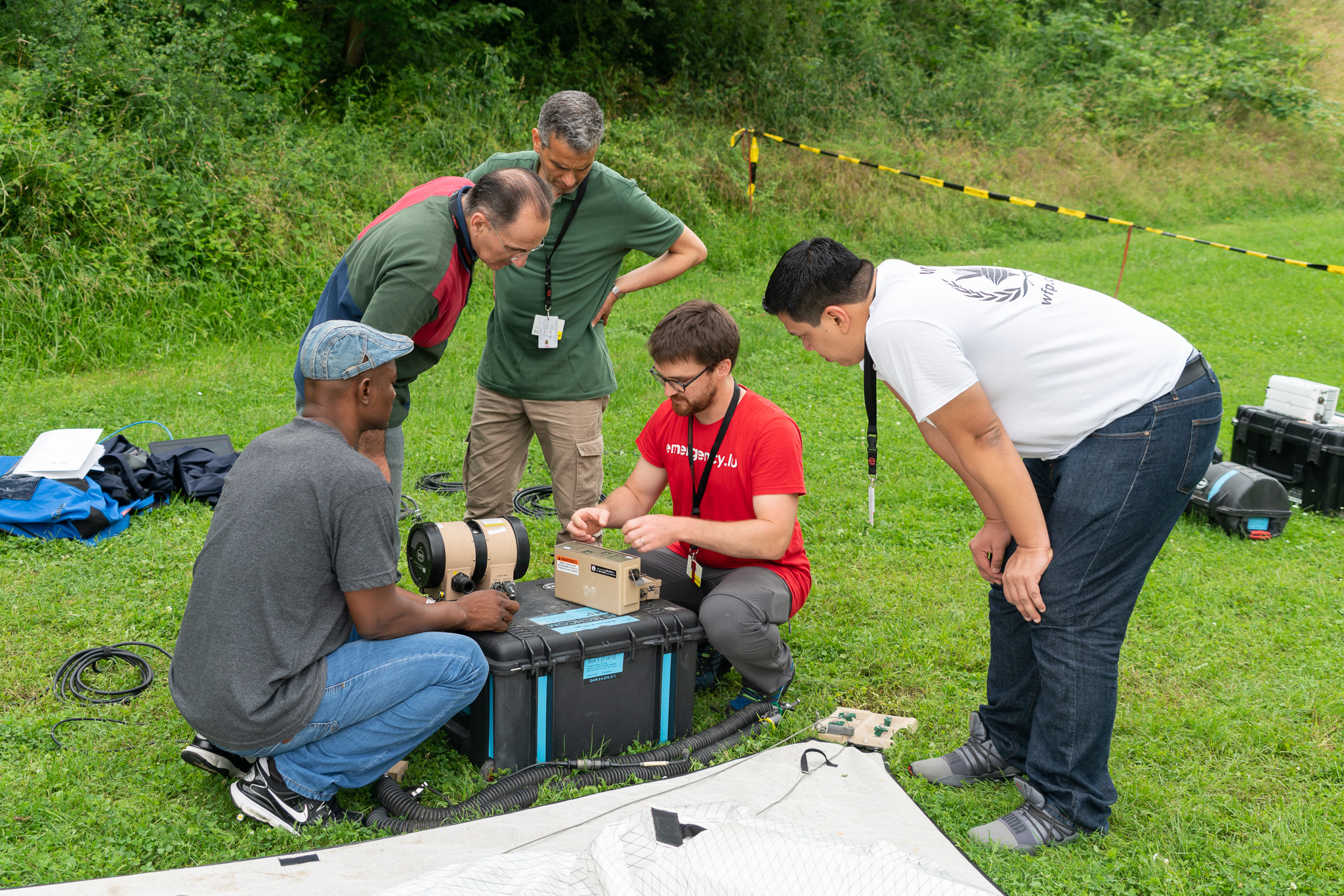
One of the teams sets up the emergency.lu rapid deployment satellite kit (GATR). As reliable access to energy is an increasingly important topic in emergencies.
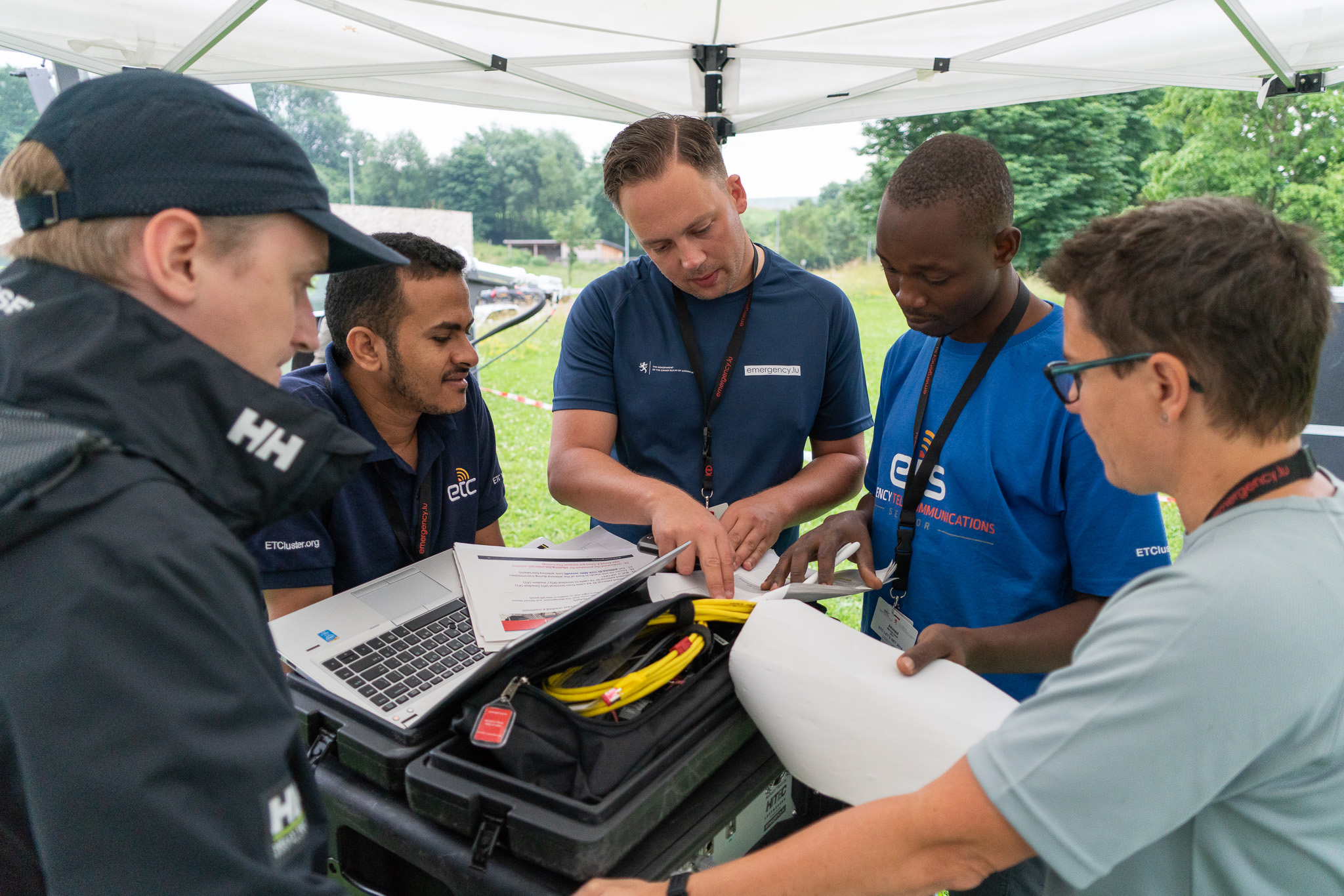
Tom De Waha, an emergency.lu volunteer explains how to correctly position a RANGER – a standard VSAT deployment kit – and how to contact the control centre.
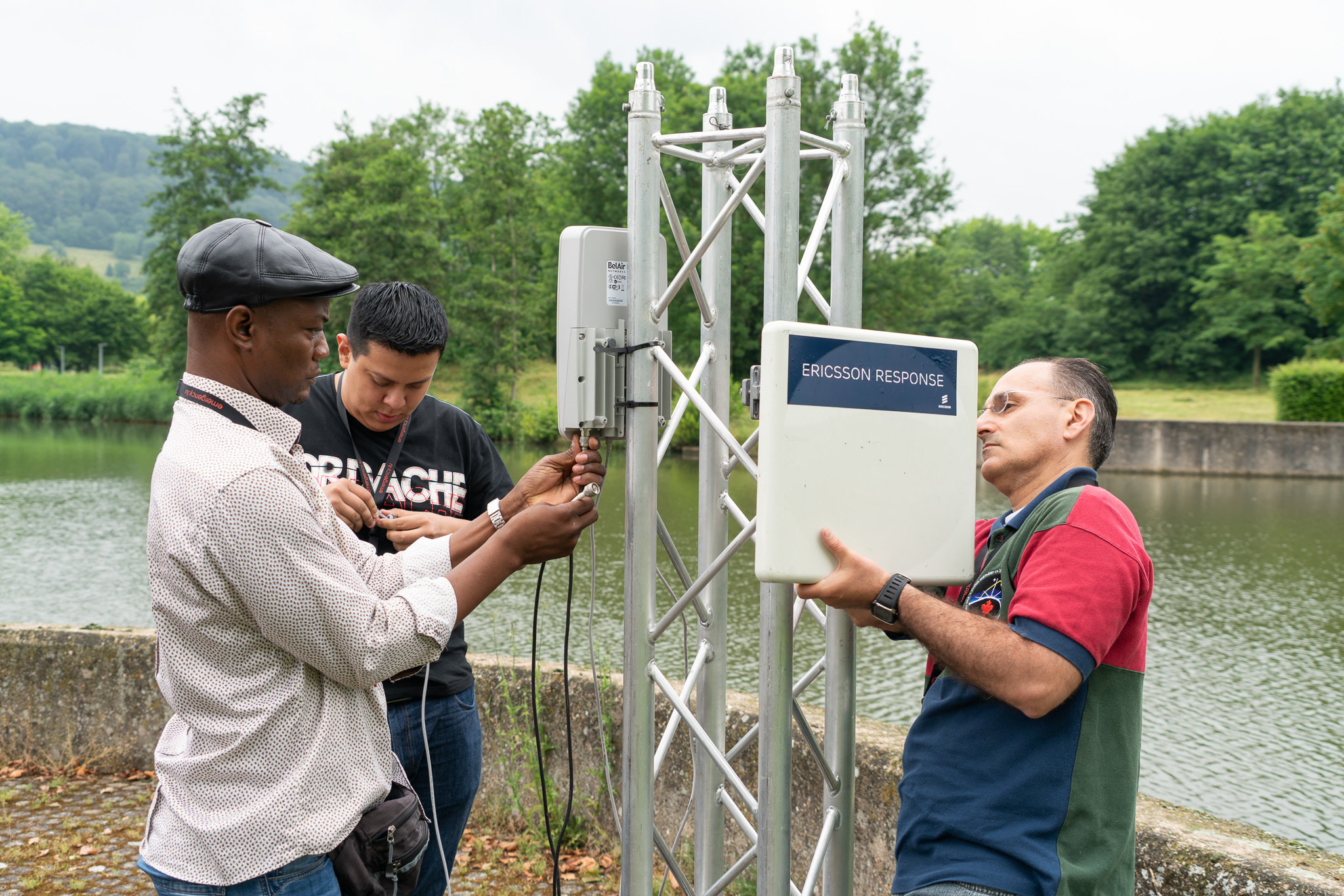
Participants from WFP Chad and Nicaragua country offices as well as Ericsson Response set up wireless links to extend the Internet connection coverage area.
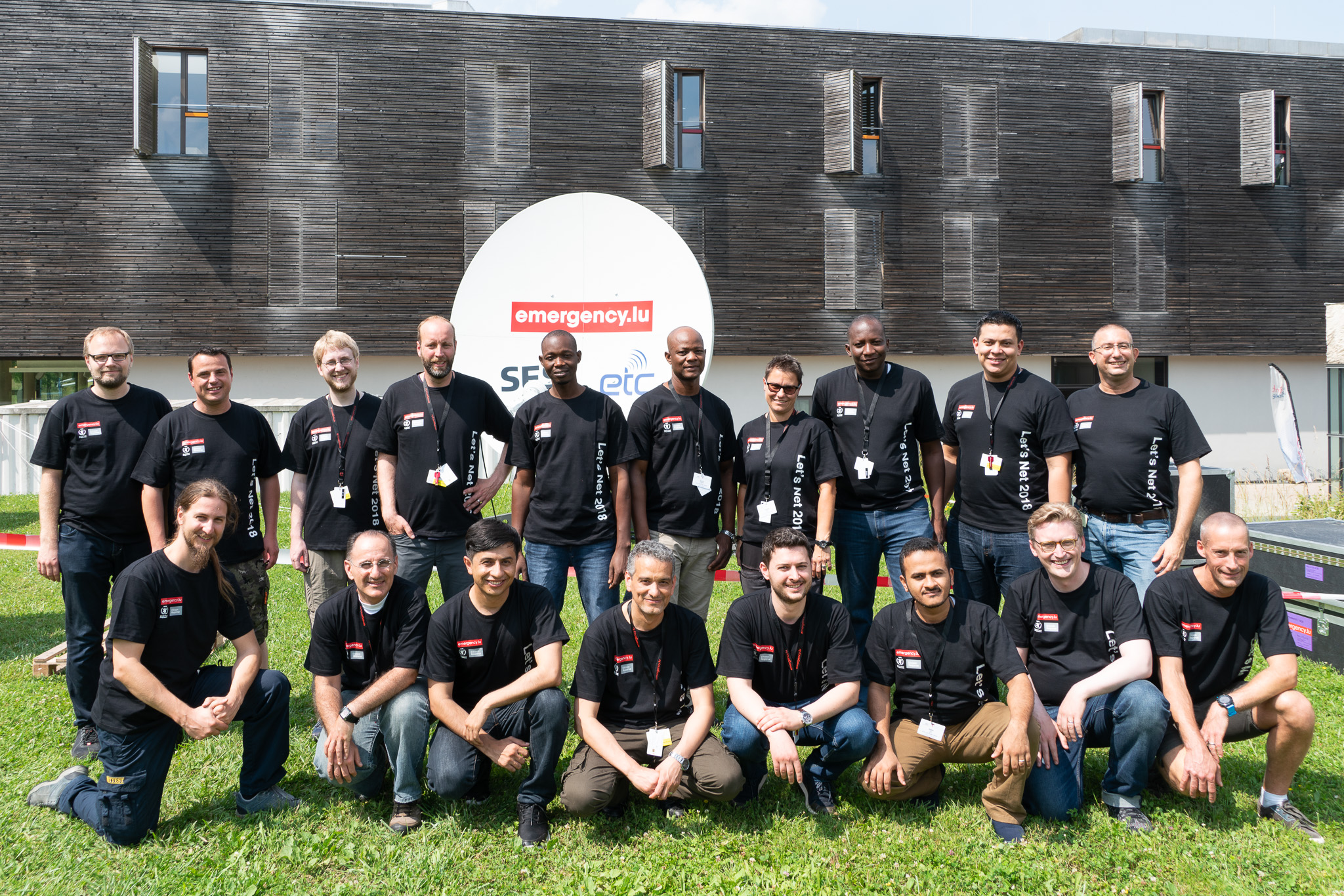
Participants and facilitators get a group photo after the successful completion of the training. The graduates will be able to directly apply their newly-gained skills during future emergencies as well as in their everyday work.
Yusuf Ahmed who works with the ETS Nigeria said: “Through simulating an emergency situation and showcasing how the ETC coordinates its activities in operations, Let’s Net training has given me the opportunity to acquire skills and hands-on practical exercise invaluable in my day-to-day job. Sharing expertise and examples of best practices with participants coming from different parts of the world, but also from various organizations, is one of the biggest advantages of this training. Upon my return to Nigeria, I will be able to brief the ETS team and pass on the knowledge to other humanitarian IT colleagues.”
Photos: WFP/Rob Buurveld